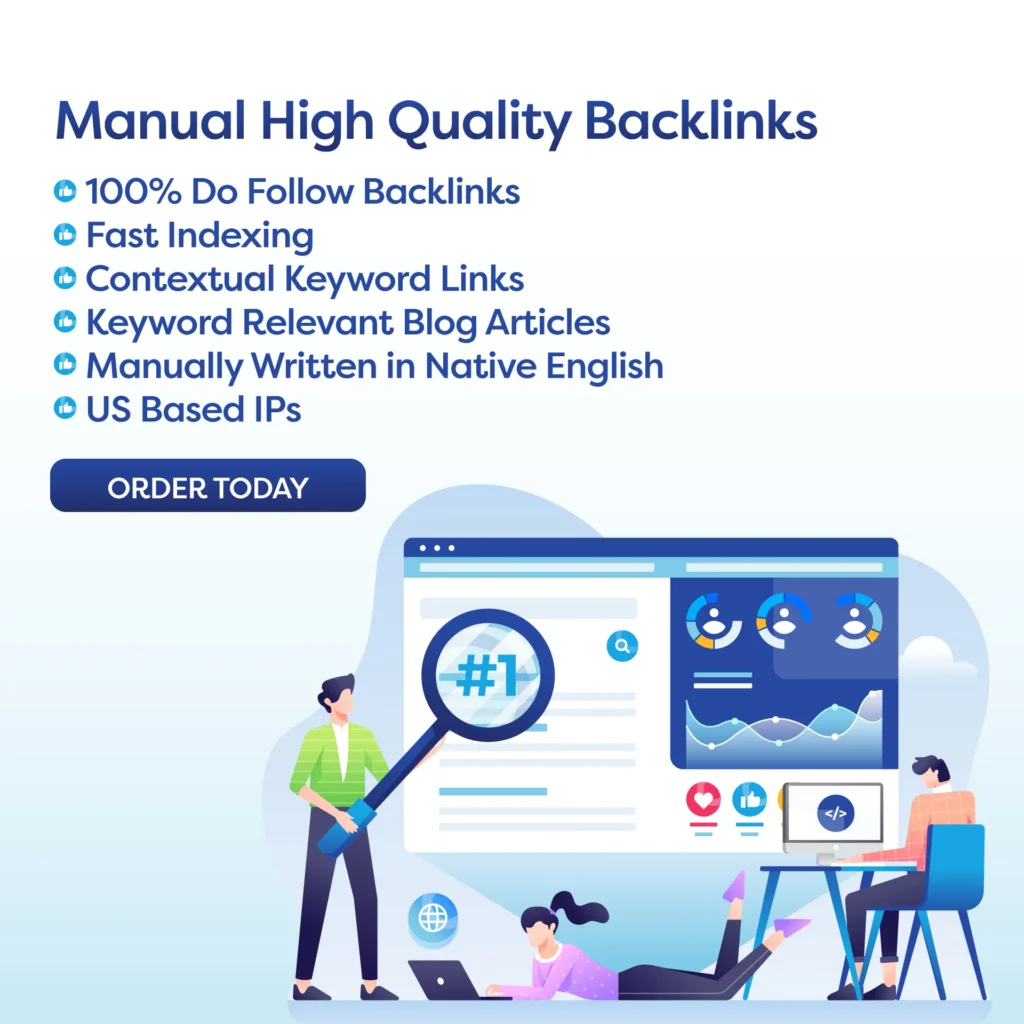Keyword Research Made Simple
Introduction
In today’s digital landscape, having a strong online presence is crucial for any business or brand. And one of the key components of a successful online presence is keyword research. Keywords are the words or phrases that people type into search engines to find information, products, or services. By targeting the right keywords, you can attract your target audience and drive more traffic to your website.
What is Keyword Research?
Keyword research is the process of identifying the words and phrases that your target audience is using to search for information related to your business or industry. It involves analyzing search volume, competition, and relevance of keywords to determine which ones will be most effective in driving traffic to your website.
Why is Keyword Research Important?
Keyword research is important for several reasons:
- Attracting the right audience: By targeting specific keywords, you can attract your target audience and increase the chances of converting them into customers.
- Improving SEO: Using the right keywords in your website content and meta tags can help improve your search engine ranking, making it easier for people to find your website.
- Understanding your audience: Keyword research can also provide valuable insights into your target audience’s search behavior and interests, helping you create more targeted and effective marketing campaigns.
- Staying ahead of the competition: By researching and targeting keywords that your competitors are not using, you can gain a competitive advantage and attract more traffic to your website.
The Keyword Research Process
The keyword research process can be broken down into the following steps:
- Brainstorming: Start by brainstorming a list of potential keywords related to your business or industry. Put yourself in your target audience’s shoes and think about what they would type into a search engine to find your products or services.
- Using keyword research tools: There are many keyword research tools available, both free and paid, that can help you find relevant keywords and provide data on search volume and competition. Some popular options include Google Keyword Planner, SEMrush, and Ahrefs.
- Analyzing data: Once you have a list of potential keywords, analyze the data provided by the keyword research tools to determine which ones have the highest search volume and the lowest competition.
- Refining your list: Based on the data, refine your list of keywords to include the most relevant and effective ones.
- Implementing keywords: Use the chosen keywords in your website content, meta tags, and other online platforms to improve your search engine ranking and attract your target audience.
Tips for Effective Keyword Research
Here are some tips to keep in mind when conducting keyword research:
- Use long-tail keywords: Long-tail keywords are longer and more specific phrases that have lower search volume but higher conversion rates. These can be easier to rank for and attract more targeted traffic.
- Consider user intent: When choosing keywords, consider what the user’s intent might be. Are they looking for information, products, or services? This can help you target keywords that align with their intent.
- Stay updated: Keyword trends and search behavior can change over time, so it’s important to regularly review and update your keyword list to stay relevant and competitive.
- Don’t overuse keywords: Keyword stuffing can actually harm your search engine ranking, so use keywords naturally and avoid overusing them in your content.
Conclusion
Keyword research is a crucial aspect of any successful online presence. By targeting the right keywords, you can attract your target audience, improve your search engine ranking, and gain a competitive advantage. With the right tools and strategies, keyword research can be made simple and effective for any business or brand.
Sources
1. https://www.searchenginejournal.com/keyword-research/
2. https://blog.hubspot.com/marketing/keyword-research-tools
3. https://ahrefs.com/blog/keyword-research/
